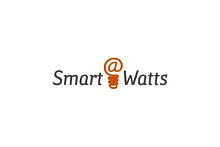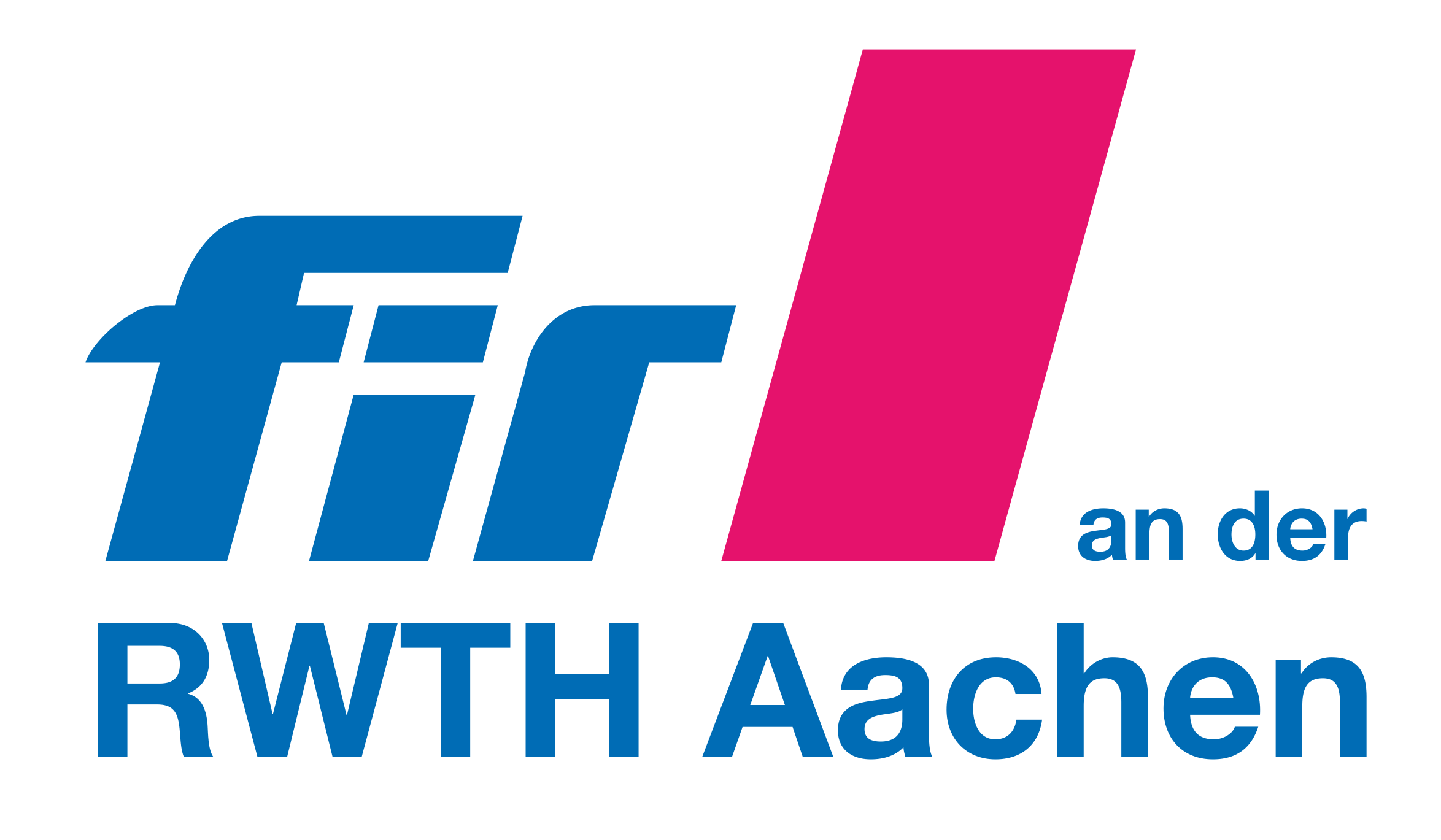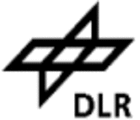Smart Watts
Creation of an energy system of the future in the model region Aachen

The goal of Smart Watts was to optimize the complete energy value chain from generation, trading, distribution to consumption by enhancing it with energy related information.
Challenges
The energy sector is currently undergoing a massive transformation targeting a modernized energy system. Liberalization has led to increased competition in some parts of the industry, but inefficiencies still exist especially with regards to production and supply of electrical power. Unbundling has separated previously integrated companies and broken up existing information chains, which negatively impacted the efficiency of many processes in the energy sector.
The Smart Watts Project
The potential to improve energy efficiency is estimated to be large. Promising approaches have emerged in the last years and need to be developed further. One of the remaining problem areas are inefficient organizational structures and related information logistics. The Smart Watts project aimed at improving information logistics by introducing modern ICT solutions that support the german energy policy.
Smart Watts targeted an end-to-end optimization integrating generation of renewable energies with intelligent housekeeping, where washing machines run when electricity is cheap. This optimization should enable balancing of demand and supply.
The key concept was the vision of an “intelligent kilowatt hour” which should be achieved by enhancing energy with information e.g. about price or origin. This additional information should open up the potential for new products and services. The concept of “intelligent kilowatt hour” is already used in smart meters and provides users with a near real-time experience of their energy consumption patterns. Smart Watts provided the possibility to enhance smart meters with additional information about the supply side and thus enable a balancing of demand and supply.
Smart Watts at a glance
Key concept was the intelligent kilowatt hour: Energy should be enhanced with information about quality and price.
Main work areas:
- “intelligent kilowatt hour”: energy should be enhanced with information, e.g. about price and origin
- Design the Internet of energy, which should link the different stakeholders of the energy system
- Standardization and automation of interface processes.
- Use of Information as a production factor along the complete value chain. Improved self-control of the energy system through decentralized control loops at supply level.
Elements of Innovation
Smart Watts aimed at developing solutions for an efficient energy system to support future energy requirements. The consortium of project partners included experts from the areas energy and IT and developed an exemplary solution, which can be used in a broad range of practical applications.
Smart Architecture – The Internet of Energy
Goal of the subproject conducted by FIR was to optimize the interactions between different market roles and system elements. Core of the architecture was the Internet of Energy that provided a communication platform, which integrated different market roles and system elements into a larger context.
In this respect the Internet of Energy can be viewed as base for simple and efficient data transfer in the energy sector. It improves the electronic handling of business processes significantly. The Smart architecture provided standardized communication as well as process automation. The following focus areas had been identified:
- Unique identification of elements and actors in the energy sector
- Data security
- Neutral operation
- Generic, flexible communication
- Standardized interfaces
- Support of flexible business processes
Project partners
Topic Area
- Service Management
- Information Management
- Production Management
Research Focus
- Informationslogistik
- Informationstechnologiemanagement



